He’s tough on crime and tough on Labour but can Luxon topple Jacinda Ardern?
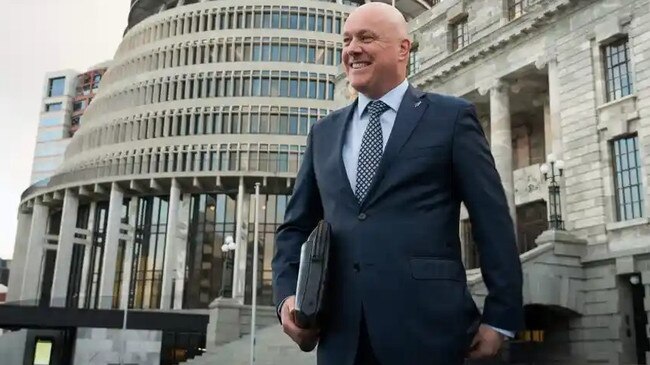
Should this continue, it could significantly influence both parties’ prospects at the next general election – likely held in late 2023.
Luxon, who took the party reins only last November, has over the past few weeks framed the national debate, forcing both Ardern’s government and the public to pay greater attention to certain issues.
The most glaring example of this has been Luxon’s push to get law and order up the agenda, an issue which National regards as an electoral strength.
When Ardern’s Labour Party won the 2020 election, law and order wasn’t a top priority. It is now, and that is in large part due to Luxon.
Against the backdrop of NZ’s intensifying gang problem – highlighted by a string of recent aggressive gang-related crime across the Auckland region – Luxon has issued both stinging criticism of the government’s handling of the problem and a range of exacting remedies to deal with it.
His far-reaching proposals include stricter unlawful assembly laws, a ban on wearing gang insignia in public spaces, restricting gang activity on social media and giving police warrantless search powers to track down illegal firearms within a gang’s arsenal.
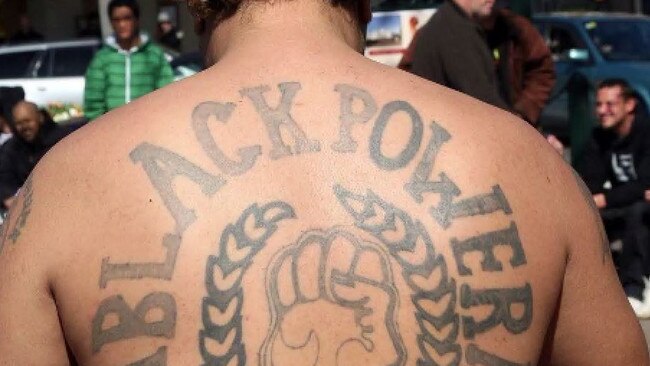
Some of those measures – such as social media restrictions – will be incredibly difficult to police and the implementation of non-consorting laws have been proposed in NZ by various governments since the 1970s without success. However, Luxon’s declaration that the government is not taking the gang problem seriously enough has drawn the attention of the public and the media and his proposals have put the government on the defensive, compelling Ardern to deliver her own rejoinder.
Central to Ardern’s response is the government’s long-term work to seize gang assets, which she affirms will critically disrupt the gangs. But she’s also indicated a willingness to consider other ideas, which include adopting non-consorting laws and gang insignia bans.
Ardern and her ministers pointedly referred to Australia’s example in setting these restrictions on gangs’ behaviour, while insisting that any similar legislation will be specific to New Zealand.
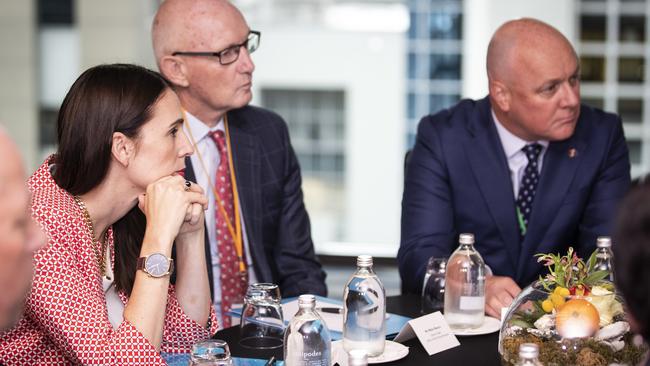
Should she move to adopt such measures into legislation, it could be seen as a savvy manoeuvre to neutralise Luxon’s agenda-setting and take the wind from his sails. But there is also a risk it could be seen as bending to pressure from Luxon, and an apparent attempt to accommodate the opposition.
Luxon has also sought to reframe the contentious debate around Australia’s 501 deportation policy as a matter of law and order, rather than, as Ardern sees it, one of migration.
Where Ardern mostly interprets the 510 policy, which provides for the deportation of residents with NZ citizenship on the grounds of bad character or a criminal record as fundamentally unfair, Luxon asserts it is fuelling criminality within NZ. Should his interpretation gain traction – and well it might – Ardern may be forced to amend her narrative.
It could further be argued Luxon and his party also had some sway over Ardern’s recent cabinet reshuffle. Her decision to remove Poto Williams as police minister came amid his criticism of Williams’ performance in the portfolio. Foreign Minister Nanaia Mahuta was also stripped in the reshuffle of some of her other ministerial duties to allow her to focus more on her diplomacy. This came after a volley of criticism of Mahuta by both National, and former foreign minister and New Zealand First leader Winston Peters.
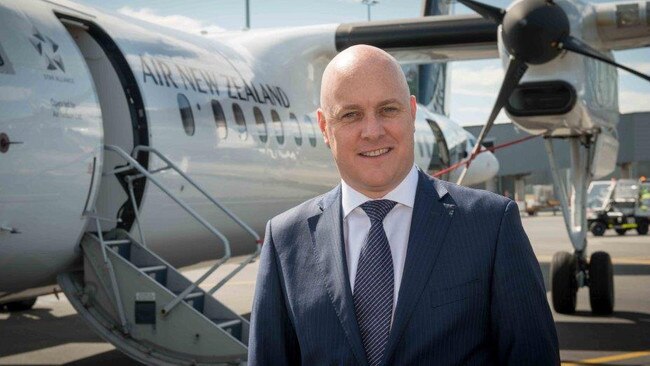
Managing the economy presents another opportunity for Mr Luxon to set the political agenda. With the NZ economy unexpectedly contracting 0.2 per cent in the last March quarter, it’s likely more voters will turn to National on the economic debate. Here, he is boosted by National’s recent reputation as capable stewards of the economy – largely forged under John Key‘s government during the Global Financial Crisis – and aided by his own commercial background as the former CEO of Air New Zealand.
The ability of an opposition leader to influence the political agenda, however, is often dependent on their own popularity and the strength of the sitting government.
Here, Luxon finds pretty favourable ground – for now – with recent polling showing his popularity rising and his party reclaiming ground to move ahead of Labour.
Important too is the fact that the frontline of the criminal landscape is in Auckland, the country’s biggest metropolitan area and its most important political scene. The general rule of thumb in New Zealand politics is that where Auckland goes at election time, the country follows. And Aucklanders are increasingly disturbed by the gangs in their backyard, especially in the South Auckland area – a traditionally critical electoral stronghold for Labour. If Aucklanders see Labour unable to meet their security needs, the party has a real problem.
But Luxon is by no means guaranteed clear weather ahead. Politically-speaking, he is still to define himself. Early in his leadership, he expressed clear neo-liberal attitudes. Lately, and despite his tough rhetoric on crime, he has sought to offer a more moderate version of his political self to appeal to the centre. If he can’t fully define himself, and quickly, his political opponents will do it for him.
What’s more, the jury remains out on his likability – a metric for political success in NZ as proven by Ardern, whose brand of empathy Luxon can only dream of.
It’s still possible for Ardern to wrestle back the political agenda; the power of incumbency offers her ample opportunity to do so. But Luxon is now widely seen as a serious contender for her job, and that counts for much.

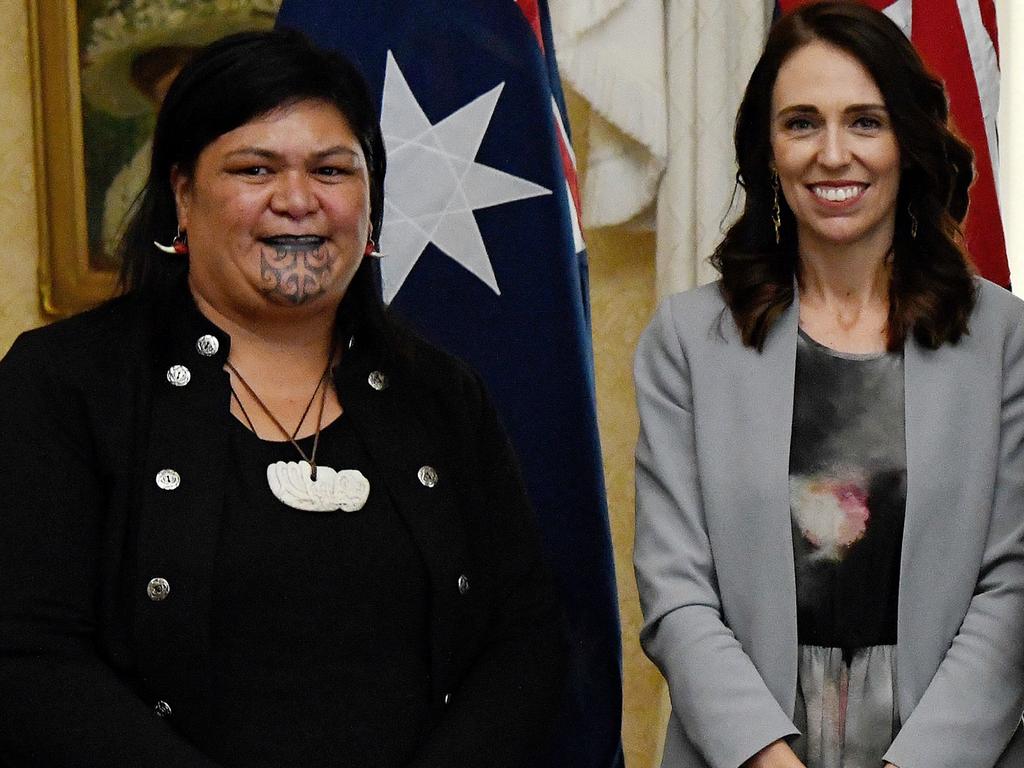
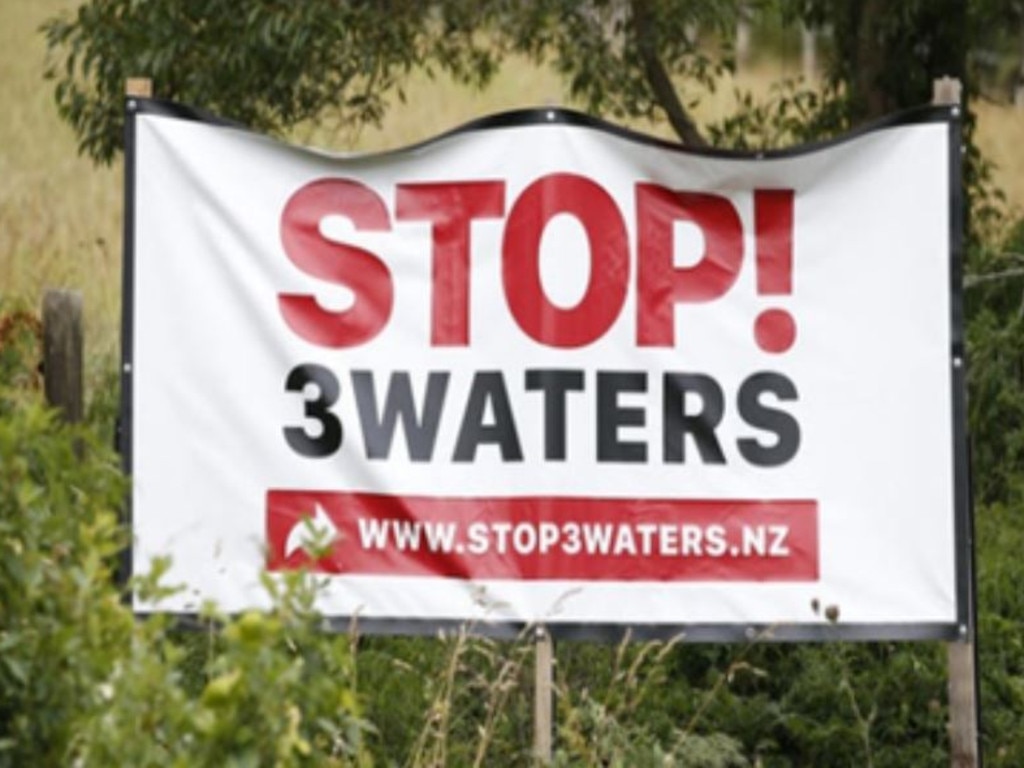
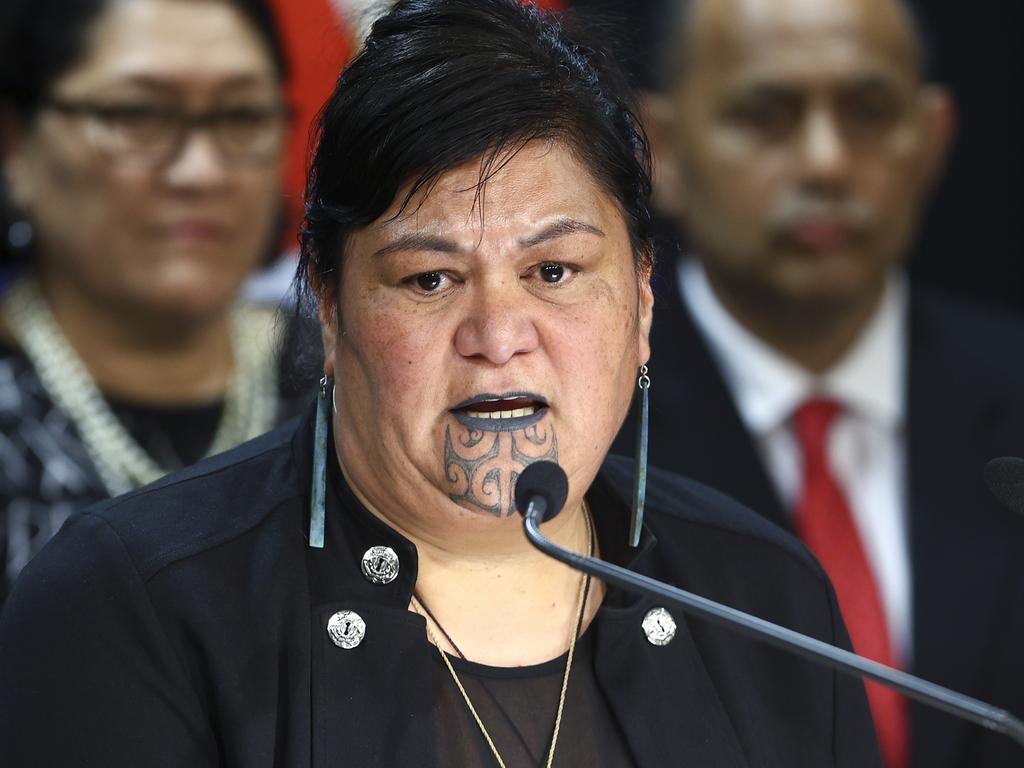
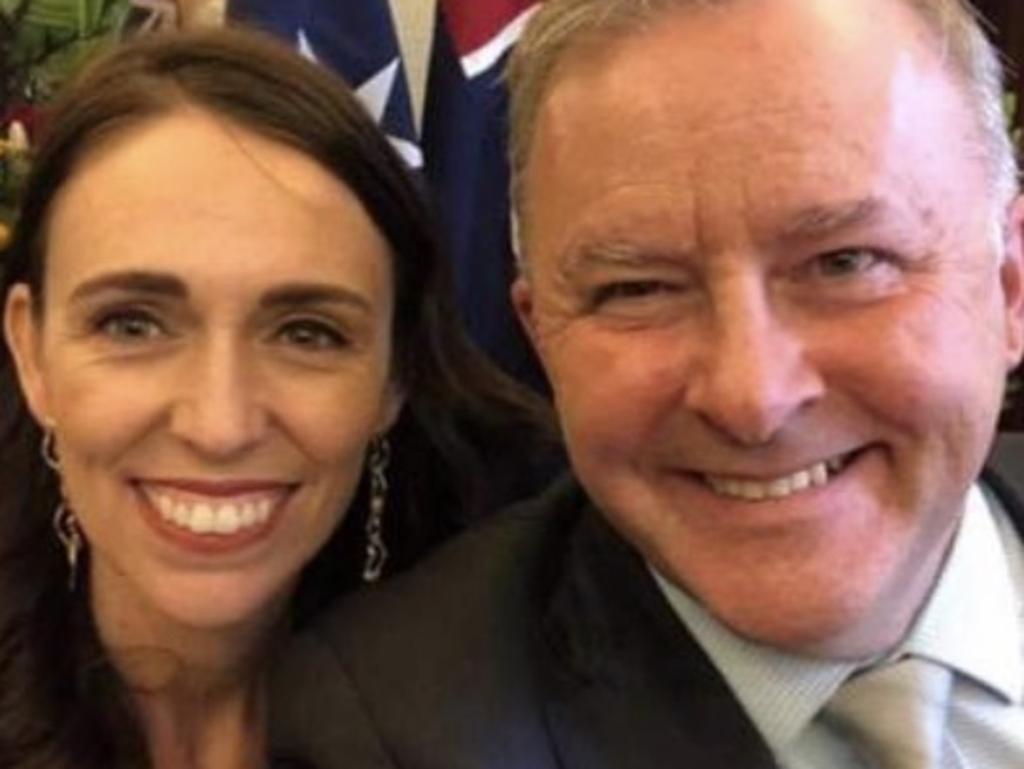


In the competition to put certain issues high atop New Zealand’s political agenda, National Party leader Christopher Luxon is currently outdoing Prime Minister Jacinda Ardern.